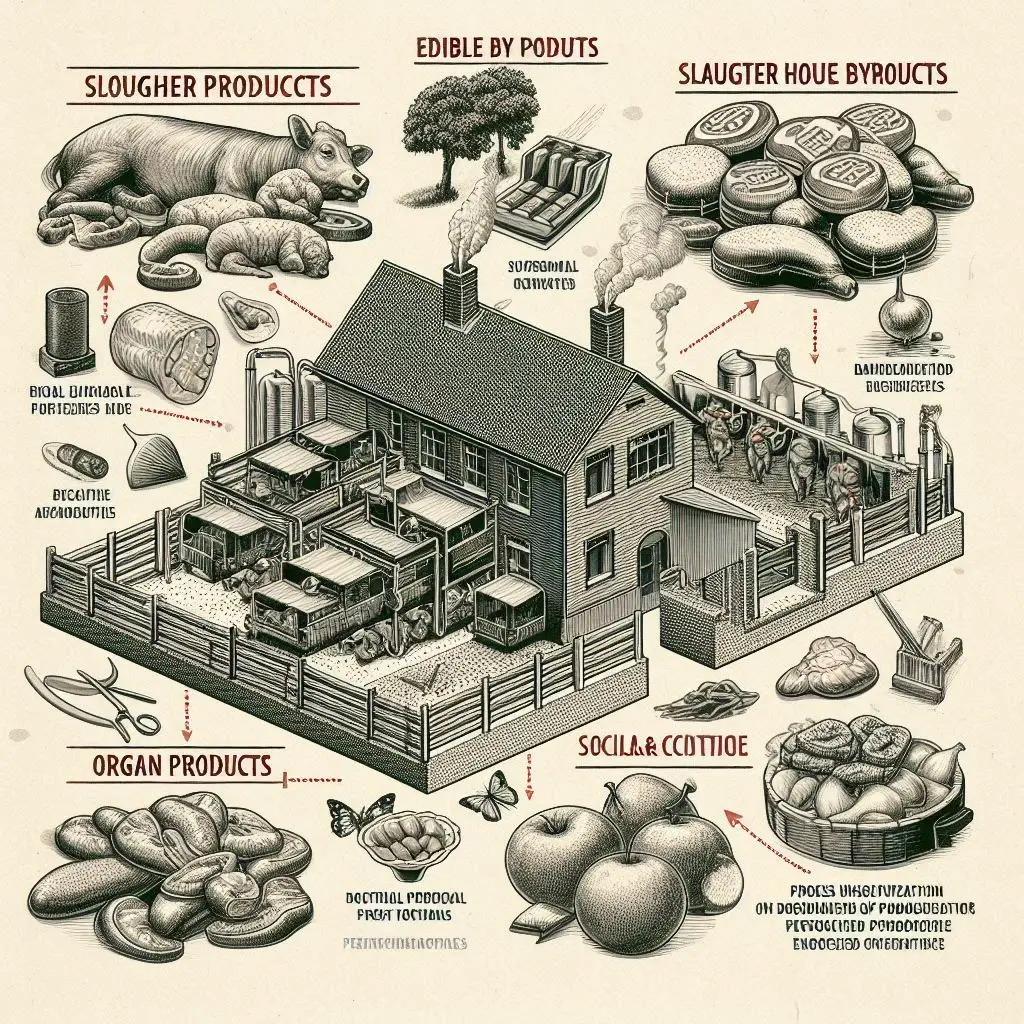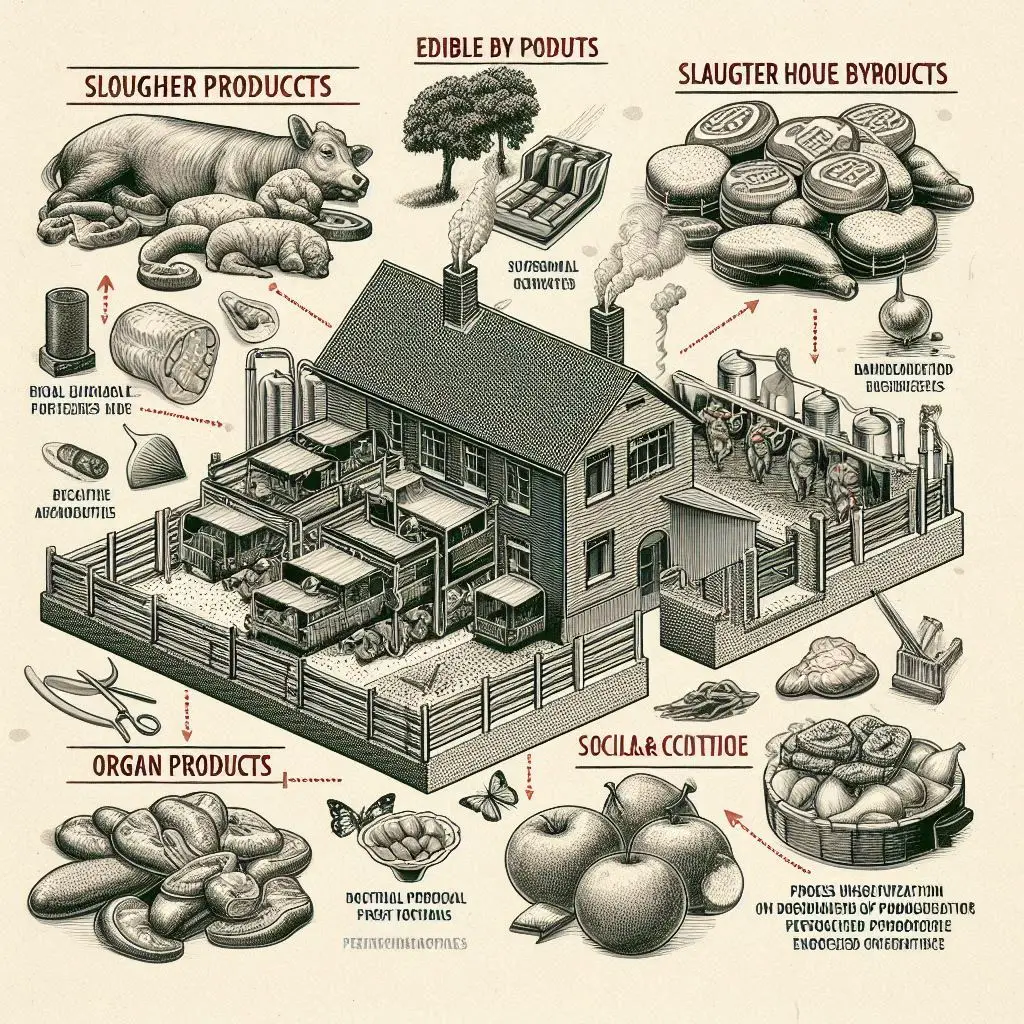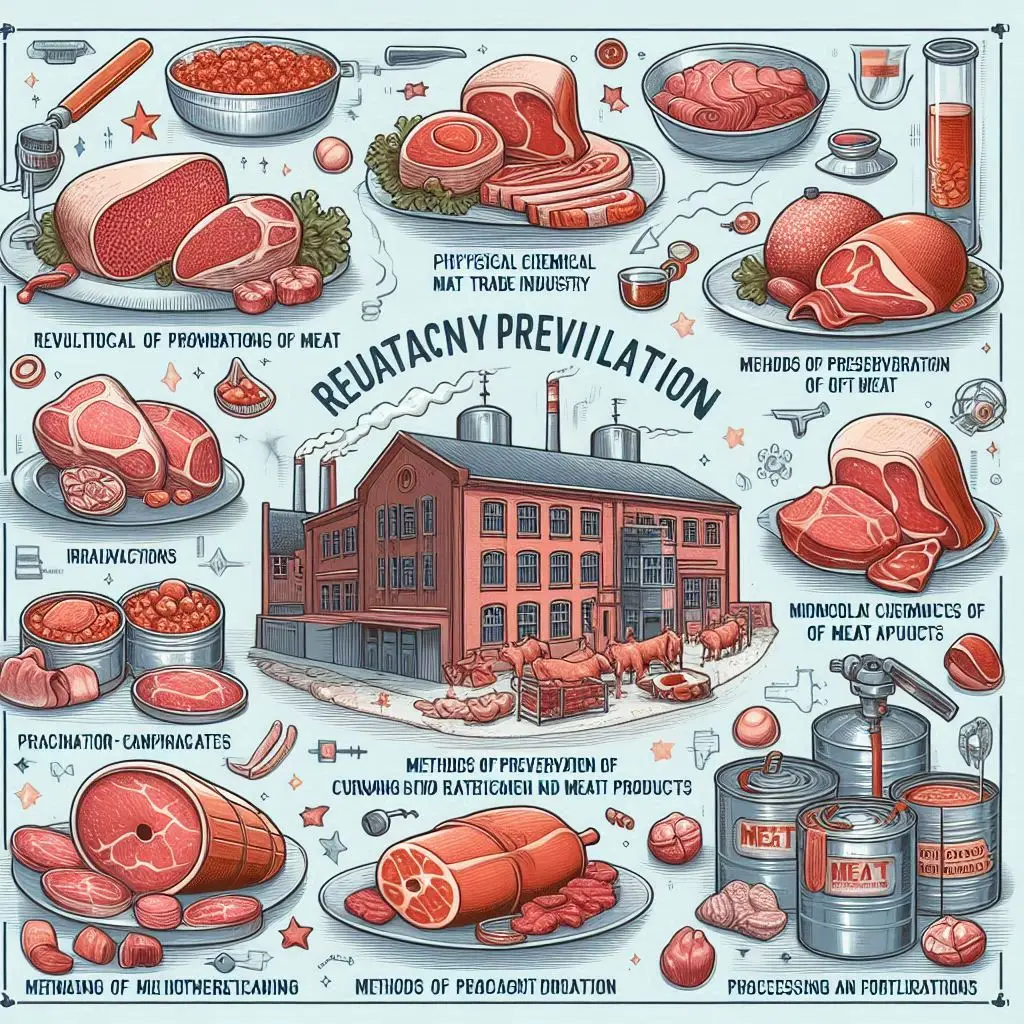Maximizing the Value of Slaughterhouse By-Products

Introduction to Slaughterhouse By-Products
Slaughterhouses generate a significant amount of by-products during meat processing. These by-products include bones, blood, fat, and offal. Proper utilization of these materials can lead to numerous social and economic benefits. In this article, we will explore the implications of effectively managing slaughterhouse by-products.
Economic Benefits of Utilizing Slaughterhouse By-Products
Revenue Generation Through By-Product Processing
The meat industry can boost its revenue by processing slaughterhouse by-products. Instead of viewing these materials as waste, businesses can transform them into valuable products. For instance, bones can be used to create gelatin, while blood can be processed into blood meal, a high-protein animal feed.
Creating New Markets
By-products can also lead to the creation of new markets. For example, collagen extracted from animal hides is used in cosmetics and pharmaceuticals. This diversification allows companies to tap into various industries, enhancing their economic stability.
Job Creation in the By-Product Sector
Utilizing slaughterhouse by-products can create numerous job opportunities. Processing facilities require skilled labor to handle and convert these materials. This need can lead to employment in areas such as rendering, animal feed production, and even renewable energy generation.
Supporting Local Economies
In rural areas, slaughterhouses often serve as economic hubs. By investing in by-product utilization, these facilities can stimulate local economies. Increased industrial activity supports local businesses, from suppliers to service providers.
Value Addition and Economic Viability
Transforming by-products into high-value materials enhances the economic viability of the meat industry. For instance, protein hydrolysates can be used in dietary supplements. By adding value to by-products, companies can improve their profit margins and contribute to economic growth.
Social Implications of Proper By-Product Utilization
Enhancing Food Security and Nutrition
Proper utilization of slaughterhouse by-products plays a crucial role in food security. By converting waste into animal feed, livestock can receive nutritious diets. This is especially important in developing countries where protein sources are limited.
Improving Livestock Production
When livestock consume high-quality feed, their productivity increases. This leads to more meat and milk production, benefiting local communities. As a result, families can enjoy better nutrition and improved health outcomes.
Environmental Sustainability and Waste Management
Proper management of slaughterhouse by-products can significantly reduce environmental impacts. Instead of being discarded, waste can be converted into energy through anaerobic digestion. This process not only minimizes waste but also produces renewable energy.
Reducing Carbon Footprint
By utilizing by-products, slaughterhouses can lower their carbon footprint. This is essential in the fight against climate change. Sustainable practices contribute to a healthier planet and promote environmental stewardship.
Promoting Community Health and Hygiene
Effective waste management practices can improve community health. When slaughterhouse by-products are disposed of improperly, they can pose health risks. By ensuring proper utilization, slaughterhouses can reduce the likelihood of disease outbreaks in surrounding areas.
Enhancing Sanitation Practices
Communities benefit from improved sanitation practices linked to proper by-product management. Clean environments lead to better public health outcomes. This is particularly important in densely populated areas where sanitation is critical.
Cultural and Social Dynamics
Balancing Economic and Community Concerns
The presence of slaughterhouses can influence local cultures and social structures. It is essential to balance the economic benefits with community concerns. Engaging with local residents can help address any issues related to health and environmental impacts.
Building Trust with the Community
Transparency in operations fosters trust between slaughterhouses and the community. By actively involving residents in discussions about by-product utilization, companies can create a positive relationship. This collaboration can lead to more sustainable practices that benefit everyone.
Supporting Sustainable Agricultural Practices
Utilizing slaughterhouse by-products can enhance sustainable agricultural practices. For example, organic fertilizers made from waste can improve soil health. This leads to better crop yields and supports local farmers.
Promoting Circular Economy Principles
The proper utilization of by-products aligns with circular economy principles. By minimizing waste and maximizing resource use, slaughterhouses contribute to a more sustainable food system. This approach benefits both the economy and the environment.
Conclusion: The Path Forward
The proper utilization of slaughterhouse by-products presents numerous social and economic opportunities. By transforming waste into valuable resources, the meat industry can enhance its profitability while supporting community welfare and environmental sustainability.
For more pearls of Vets Wisdom:
https://wiseias.com/partitioning-of-food-energy-within-animals/






Responses